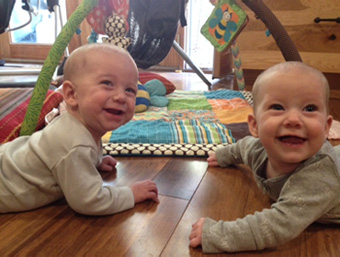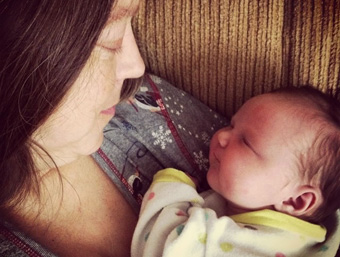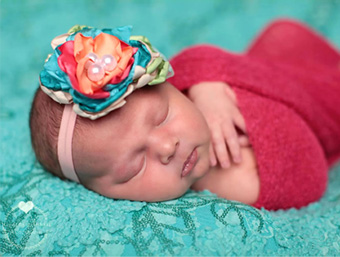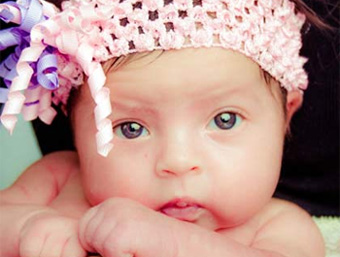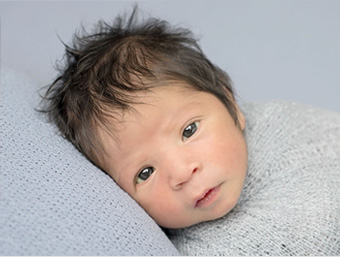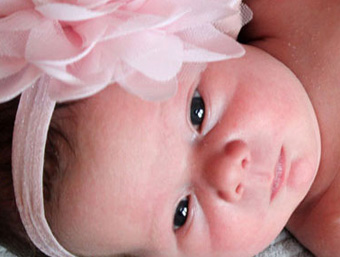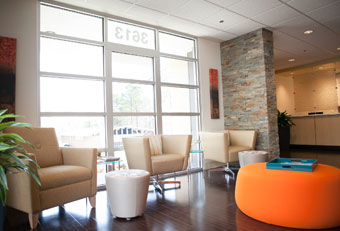 Although in-vitro fertilization (IVF) is a safe medical procedure, IVF does have unique risks which need to be understood before attempting an in-vitro treatment.
Although in-vitro fertilization (IVF) is a safe medical procedure, IVF does have unique risks which need to be understood before attempting an in-vitro treatment.
IVF Cycle Non-response
Some women will begin their IVF treatment cycle but will not respond to the hormonal medications.
They will either not form eggs or form a very limited number of eggs. These women are considered IVF non-responders and will have decreased success with IVF treatment.
Cycle Cancellation
Some IVF cycles will be canceled or terminated early because of non-response or too much ovarian response.
This means after injections of hormonal medications, the IVF cycle will be stopped and egg retrieval will not occur. This will happen either because the patient is a non-responder (no eggs were formed) or because too many eggs were formed (this increases the chance of high-order multiple pregnancies).
A condition called Ovarian Hyperstimulation Syndrome can occur from too much ovarian stimulation during IVF.
Ovarian hyperstimulation is a serious complication of in-vitro treatment.
IVF And Multiple Gestation
IVF has an increased risk of twins and high-order multiple pregnancies (triplets or greater).
High-order multiple gestations are at an increased risk of preterm delivery. Approximately 30-50% of multiple gestations will be delivered prematurely and may suffer the risk of prematurity. As a result, IVF pregnancies with twins or higher are considered high-risk pregnancies.
Embryo Reduction
If a woman becomes pregnant with a high-order multiple gestation, then the pregnancy is at higher risk. If this occurs, they will have to consider whether to have an embryo reduction procedure. This procedure causes demise of one or more of the early fetuses so the remaining fetuses have a better chance of survival and being delivered at full term.
Ethical Dilemmas And Additional IVF Costs
 Some women will have multiple eggs retrieved during an IVF cycle. Many of these eggs may fertilize but not all of them will be placed in the uterus.
Some women will have multiple eggs retrieved during an IVF cycle. Many of these eggs may fertilize but not all of them will be placed in the uterus.
The remaining fertilized eggs must either be discarded or frozen.
If they are frozen the patient has to pay for the yearly additional IVF cost of freezing the eggs and if they are not used in the future they either must be discarded or donated.
IVF And Risk of Cancer
This is a controversial subject but many believe the exposure to high doses of hormonal medication may increase the risk of the future development of cancers of the breast and female reproductive system.
Emotional Stress
IVF can exert a tremendous amount of emotional stress on both the patient and her partner. The high doses of injected hormones can cause extreme mood fluctuations and emotional instability in some women.
The high monetary cost of the procedure and desire to produce a child adds to the stress of the process. If patients start the IVF process and are discovered to be non-responders or have a cycle cancellation, this can be difficult for some to deal with. Should a high-order multiple gestation pregnancy occur, patients may have the difficult choice of whether or not to undergo embryo reduction.
Pressure To Be Successful
 Many patients have to pay directly for most, if not all, of the cost of IVF.
Many patients have to pay directly for most, if not all, of the cost of IVF.
As a result, there is an increased amount of pressure to be become pregnant with every attempted IVF cycle.
Patients will often judge the quality of an IVF doctor by the doctor’s pregnancy success rate.
The pressure to be successful sometimes can cause patients to pressure their doctors to insert more than the recommended number of fertilized eggs into the uterus.
The IVF doctors also feel pressure to maintain a high pregnancy success rate, both for their patients and for the advertisement of their practice. This leads to transfer of multiple embryos, which is often the cause of multiple gestation.
Back to Tubal Reversal vs. IVF

